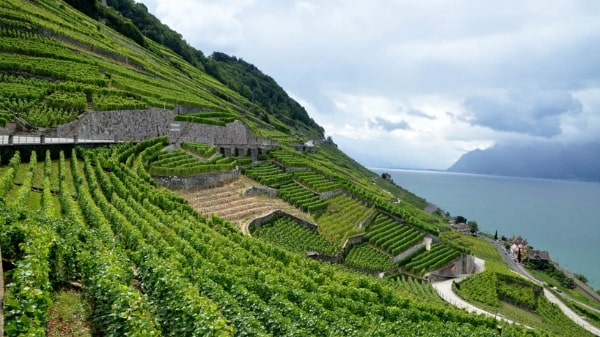France, Italy and California have something of a monopoly when it comes to creating the world’s finest wines. However, recent studies suggest that the onset of global warming and other climate change-related issues may see these traditional viticulture hotspots soon become extinct. While this news may have oenophiles shaking their head in despair, fear not, for there are some intrepid new vintners that are producing surprisingly high-quality tipples in highly unusual winemaking areas. Here are three regions that deserve special mention.

Japan
Jesuit missionaries from Portugal are credited with introducing wine to the island nation of Japan back in the 16th century. Traditionally, though, the country’s vintages have been geared towards local tastes, with a sweet Koshu white wine – made from the eponymous native pink-skinned grape – long a favourite. Lately, though, a small group of vintners in Yamanashi prefecture (just west of Tokyo) have been grabbing international attention with new interpretations of Koshu that are minerally, delicate and marry perfectly with sushi.

Tunisia
Tunisia may seem like an unusual winemaking area, but the industry can trace its heritage back to over two millennia ago, when Carthaginians first introduced to the techniques to this North African country. Until as recently as the 1950s, when it gained independence from France, Tunisia, Algeria and Morocco actually accounted for two-thirds of the entire wine trade. After decades of dormancy after its vineyards went into post-colonial decline, the nation is once again stepping back into the limelight, with its robust reds particularly of note. (chateau mornag)

Burma
While still in the stages of infancy, Burma’s burgeoning viticultural society is making waves as part of the new thrust of ‘new latitude’ wines. Despite its somewhat tropical climate, its higher altitude and the dearth of limestone in the soil have helped yield surprisingly reasonably Sauvignon Blancs and Syrahs. One to watch in the future, perhaps, but for now, it sources almost exclusively to neighbouring China.



